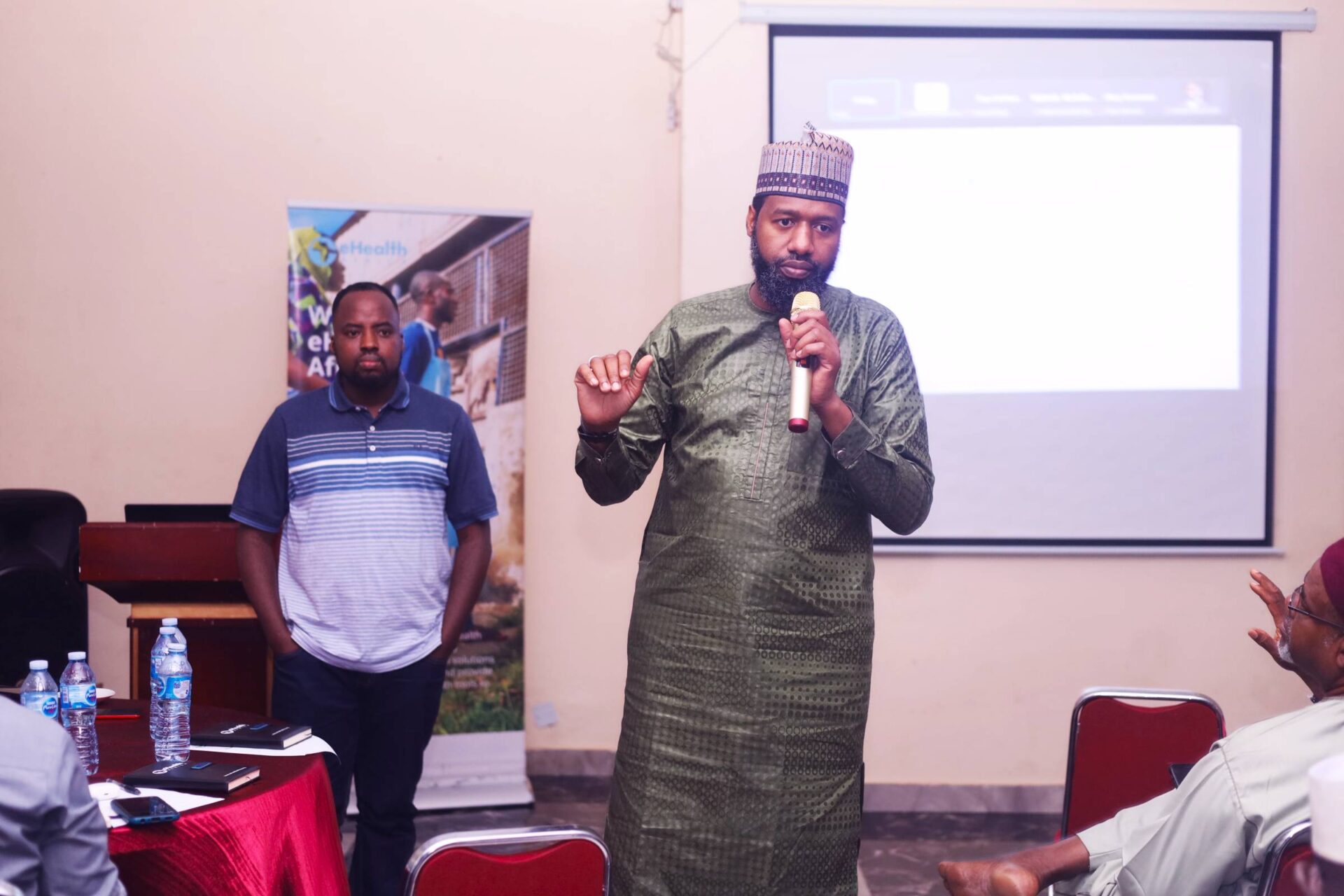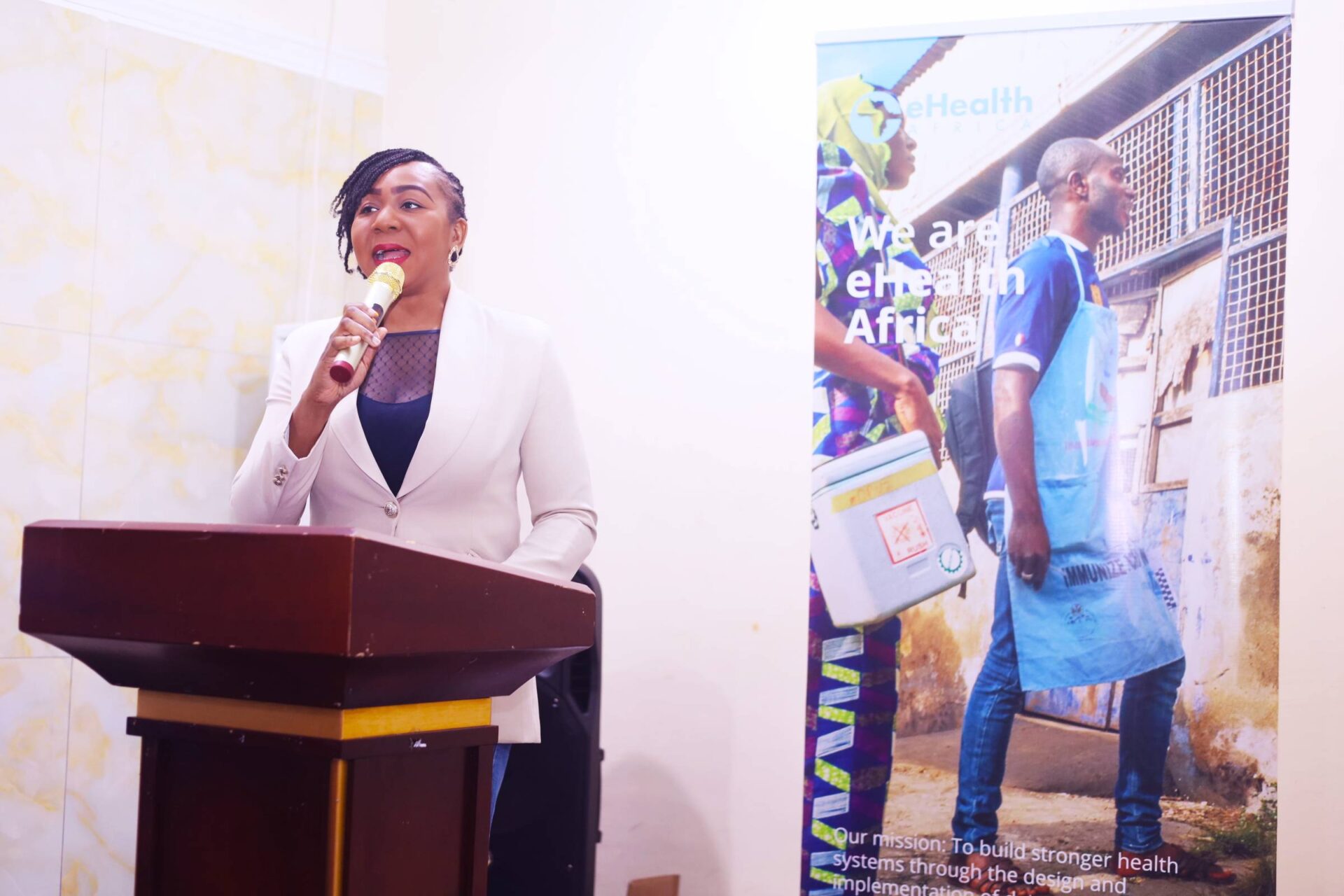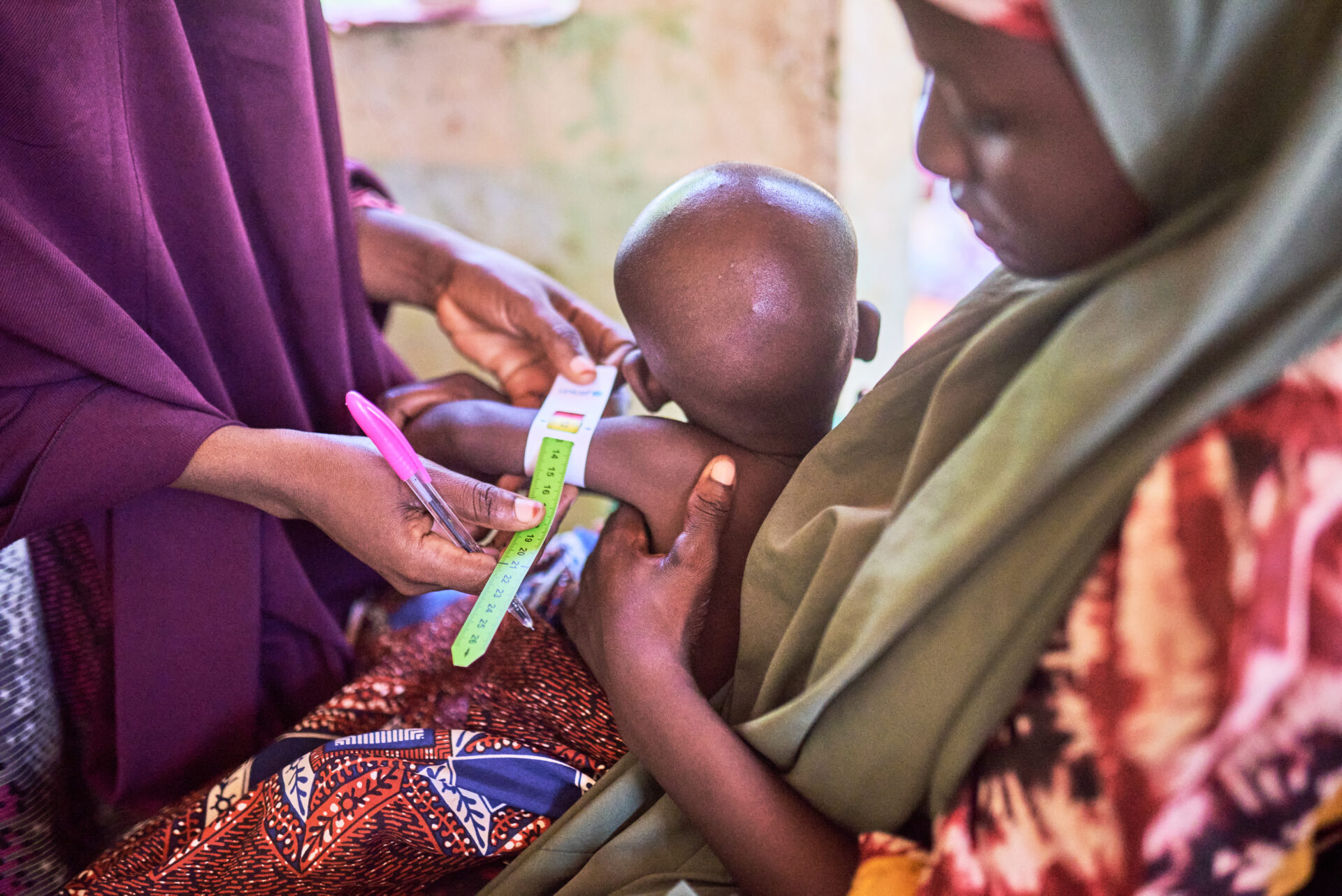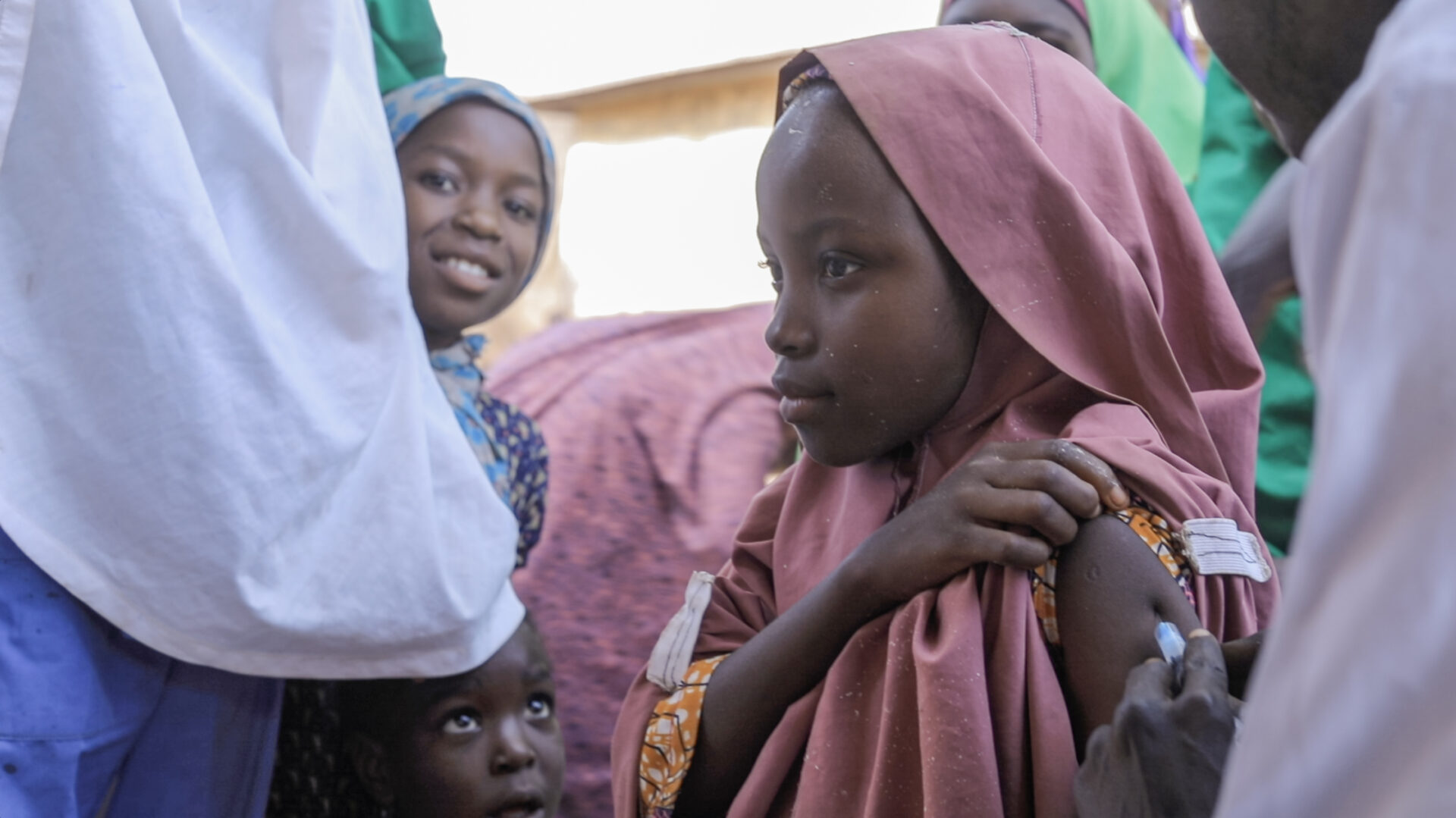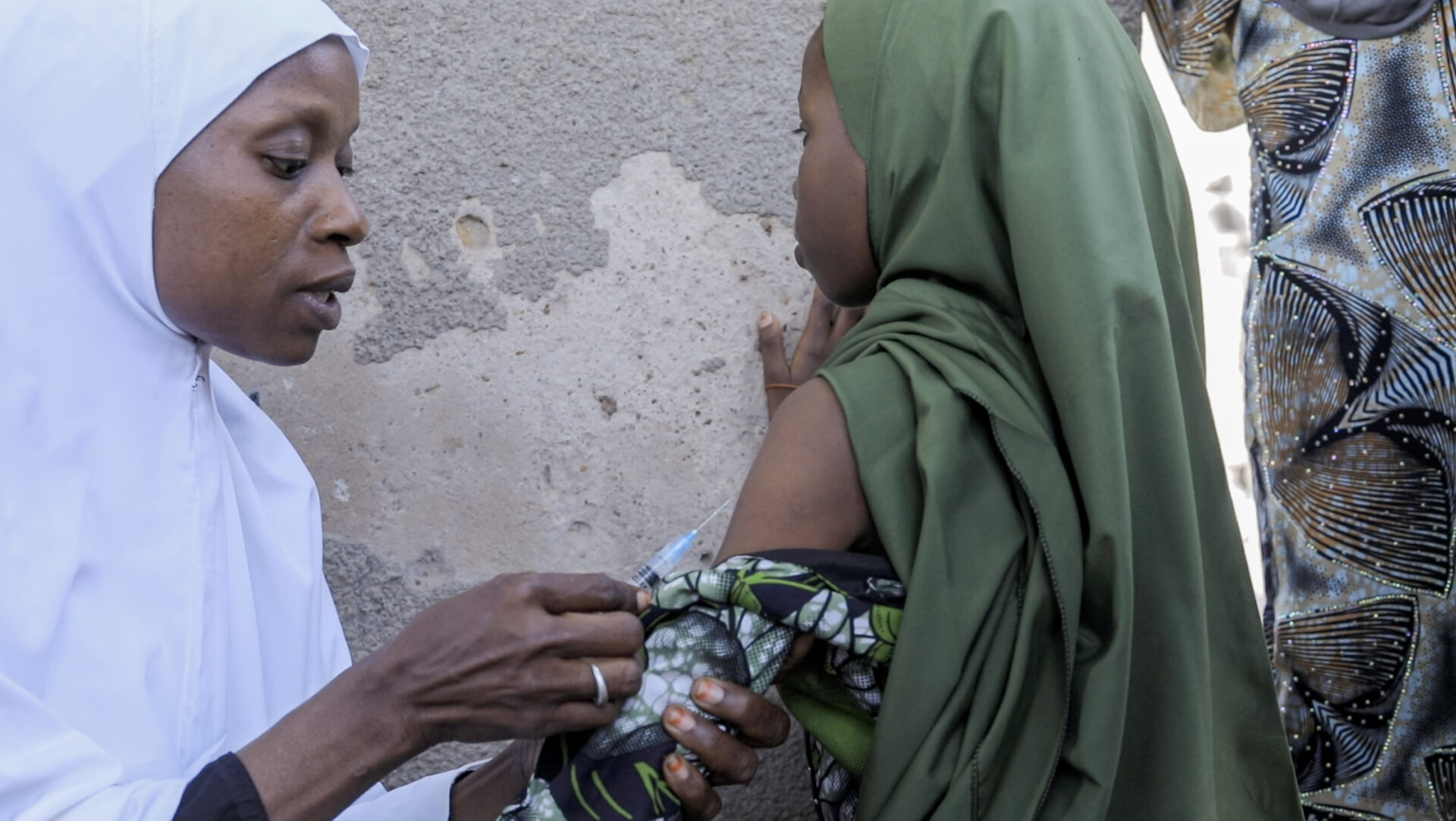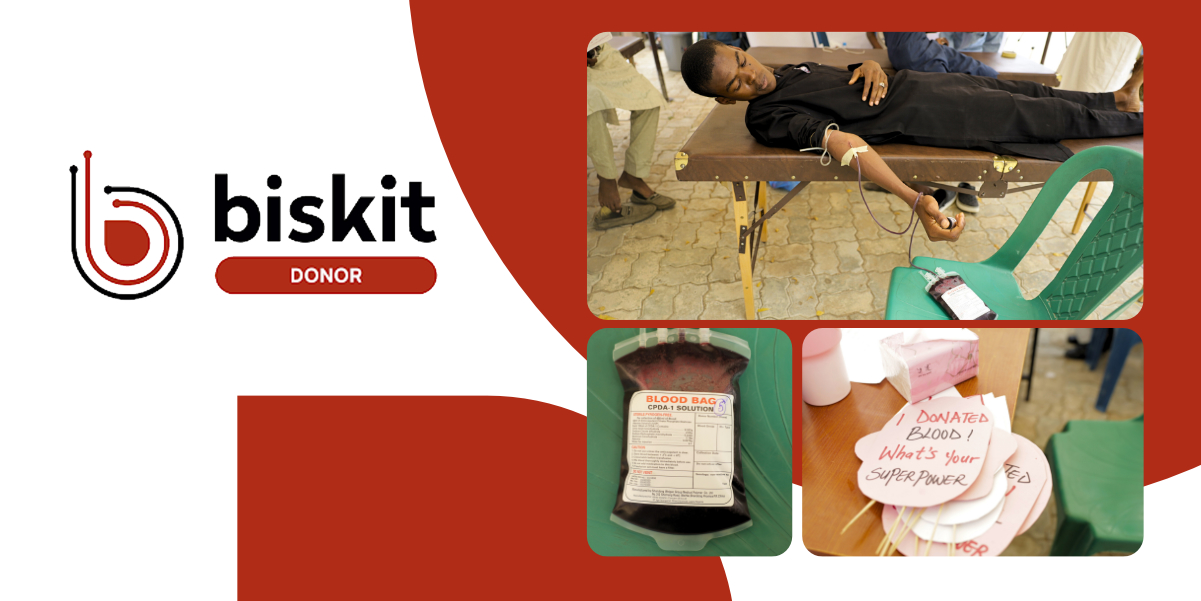June 11, 2025
Public Health Stakeholders Endorse eHealth Africa’s Planfeld Platform for Digitizing Micro-Planning
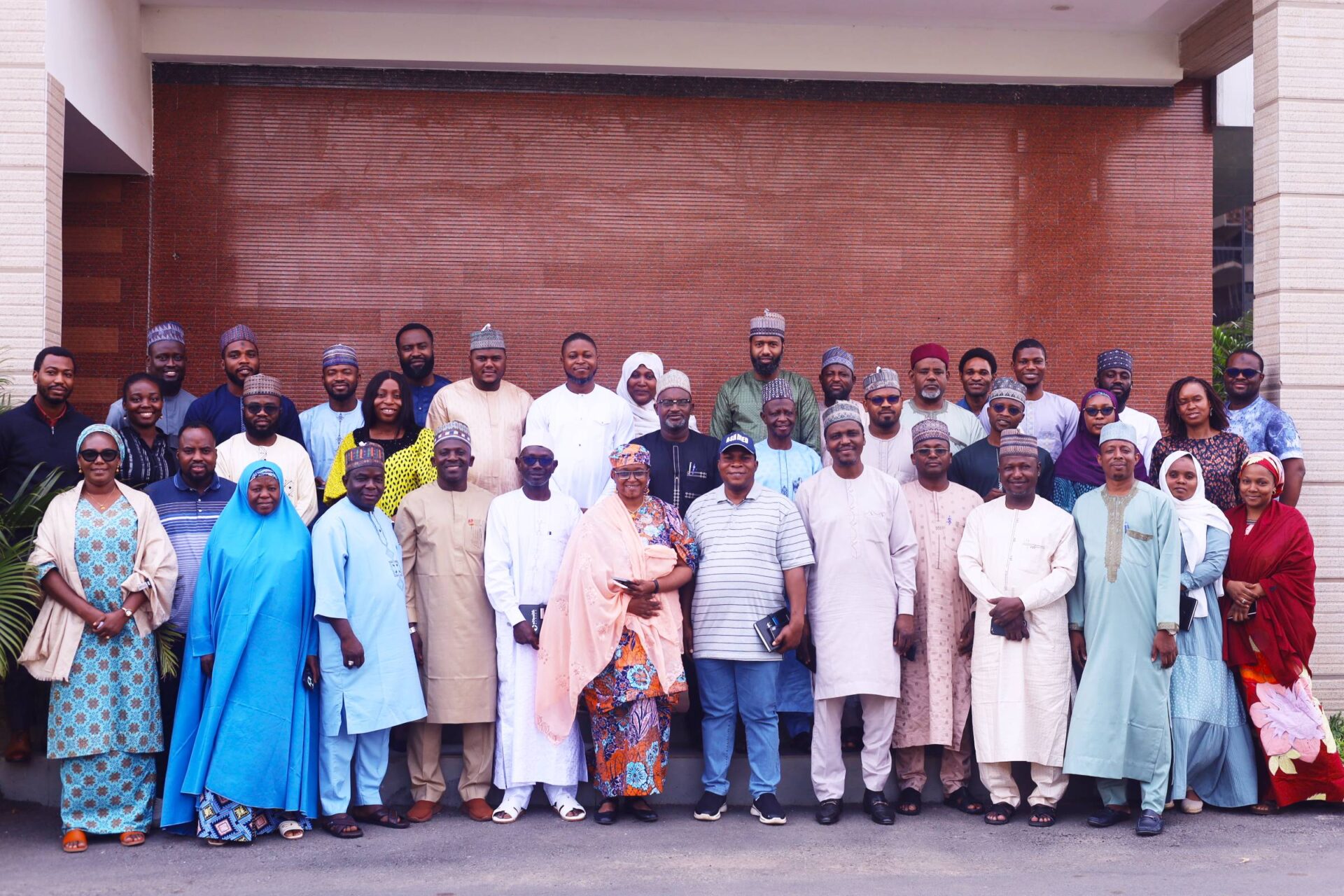
Public health campaigns in Nigeria, particularly immunization efforts, have long been hampered by manual, time-consuming planning processes. Existing traditional methods often yield inaccurate or incomplete data, delayed micro-plans, and inefficient resource allocation, which in turn compromise the reach and quality of vaccination campaigns. In an era where timely, data-driven action is critical, the lack of digital tools for micro-planning severely limits the effectiveness and scalability of public health responses.
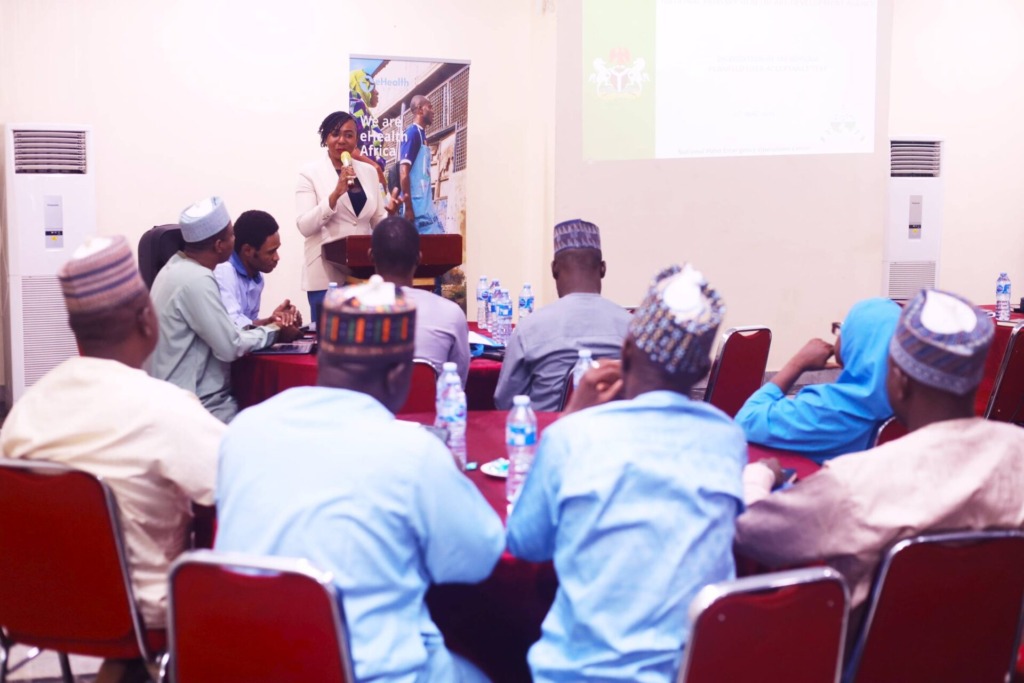
In a significant step toward digitizing public health planning, key stakeholders across Nigeria’s immunization ecosystem have endorsed PlanFeld, a digital micro-planning tool developed by eHealth Africa. Stakeholders, including key members from the National Emergency Operations Center (NEOC), Emergency Operations Centers from Kaduna, Niger, Zamfara, Sokoto, Katsina, and Kebbi states, and key partners in public health spaces, converged in Abuja for a comprehensive User Acceptance Testing of the PlanFeld application.
Through step-by-step hands-on demo sessions, stakeholders experienced firsthand how PlanFeld simplifies and accelerates the development of Daily Implementation Plans (DIPs). They commended the platform for improving data quality, reducing planning time, and enhancing decision-making during vaccination campaigns. Speaking at a recent User Acceptance Testing (UAT) session, some stakeholders from the National Emergency Operations Center (NEOC), State Primary Healthcare Agencies, and Immunization Officers highlighted how Planfeld is already reshaping field operations.

The deputy Incident Manager of the NEOC reiterated the fact that Microplan remains key to the success of any health campaigns, and it’s important to have a standard database for public health campaigns. He commended eHealth Africa for taking the lead to ensure we have a standard and realistic database and planning system. “eHealth Africa has been the champion for using technology for many years and you are also evolving in trying to see how to use new digital technological innovations to upgrade our plans in the country”, he said
Dr. Abdullahi Musa Garba, Incident Manager at the Kaduna State Emergency Operations Center, emphasized the need to shift from outdated manual planning methods. He said, “As a country, we can’t continue doing things the same way. With Planfeld, a Daily Implementation Plan (DIP) that used to take a week now takes just 30 minutes. It gives us real-time visibility into resources, team movements, and vaccine allocation. This is a significant strategic shift.”
Dr. Garba noted that digital tools like Planfeld will help reduce vaccine wastage and enable real-time supervision of vaccination teams. The ability to track where and when a team is expected in a settlement adds accountability and boosts campaign efficiency. He called on Stakeholders to work together to move from traditional methods to digital tools that deliver faster, higher-quality outcomes.
Niger State Immunization Officer, Usman Abubakar Kpantu, described the tool as a game-changer. He said, “The platform is very user-friendly. Within minutes, we can generate a comprehensive micro-plan. Before now, this would have taken days. This saves us time and allows for more accurate targeting.”
He added that Planfeld should be scaled to the local government level, especially for use by frontline implementers like Ward Focal Persons and Local Immunization Officers (LIOs).
Adding his voice, Kebbi State Immunization Officer, Abubakar Kaoje, noted that the PlanFeld application gives public health workers greater clarity and control when developing microplans for vaccination campaigns. He emphasized its usefulness in addressing high-risk and hard-to-reach areas.
“We now have a clearer picture of security-compromised areas and can proactively plan for them. During the training, we even mapped out high-risk settlements. That’s progress,” he said.
He stressed the importance of hands-on training and recommended that national and state teams collaborate more closely during implementation to ensure standardization and support.
Planfeld’s success in pilot states like Kebbi has already set the stage for broader deployment. Stakeholders expressed optimism that, with proper rollout and continuous training, Planfeld could support routine immunization efforts, campaign planning, and broader public health initiatives. As the global health community increasingly recognizes the importance of data-driven decision-making, platforms like Planfeld may become essential infrastructure for national immunization programs.


